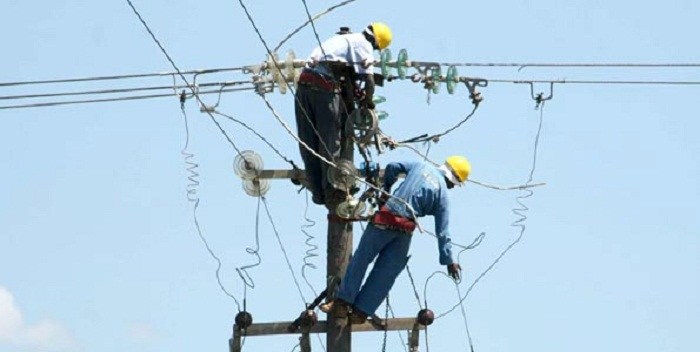The Rwandan Prime Minister Anastase Murekezi while in Parliament to brief lawmakers on the state of the economy yesterday said,that the number of people connected to electricity in Rwanda has increased threefold over the last seven years.
Addressing members of both chambers of Parliament, yesterday, Murekezi said the number of Rwandans connected to power has increased from 10.8 per cent in 2010 to the current 34.5 per cent.
The Premier said that though the Government had given itself a target of increasing energy levels to at least 563 megawatts and to supply it to 70 per cent of the population, achieving this required a whopping $3.2 billion. In the last seven years, the energy sector has used a budget of Rwf881.7 billion, to fix the financing issue, the Government now partners with the private sector.
Rwanda needs US$70m to bring down electricity losses in the network
He also outlined several other challenges, including lack of adequate and timely reparations in areas where activities connected to energy are about to take place. He cited the challenge of many people living in scattered settlements, which makes it hard for the Government to collectively connect them to electricity. Only 55.8 per cent of Rwandans live in organized settlements, commonly called Imidugudu.
Currently, the country has 208.36 megawatts of hydro power and 98.68 megawatts from solar, methane gas, peat and generators. In the last seven years, it has increased the energy supply from 97 megawatts in 2010 to 208.36 megawatts presently.
Also read:Power imports and constructed projects to boost electricity supply in Rwanda
The Premier said that energy generation and distribution was an extremely costly venture and the money to inject in such projects can’t be mobilized at once. For instance, to get one megawatt, it requires $4 million. Connecting one home requires $1,000 (about Rfw840, 000). Of this amount, a subscriber’s contribution is only Rfw56, 000, which is not even 10 per cent.
MP Berthe Mujawamariya said that the locals, especially upcountry, are happy that they finally have electricity, However, when one looks at the performance contracts of districts, you realize that the pledges that they make in terms of electricity are very ambitious compared to the budgets of the stakeholders from the private sector, making it impossible to supply more electricity to more people.

